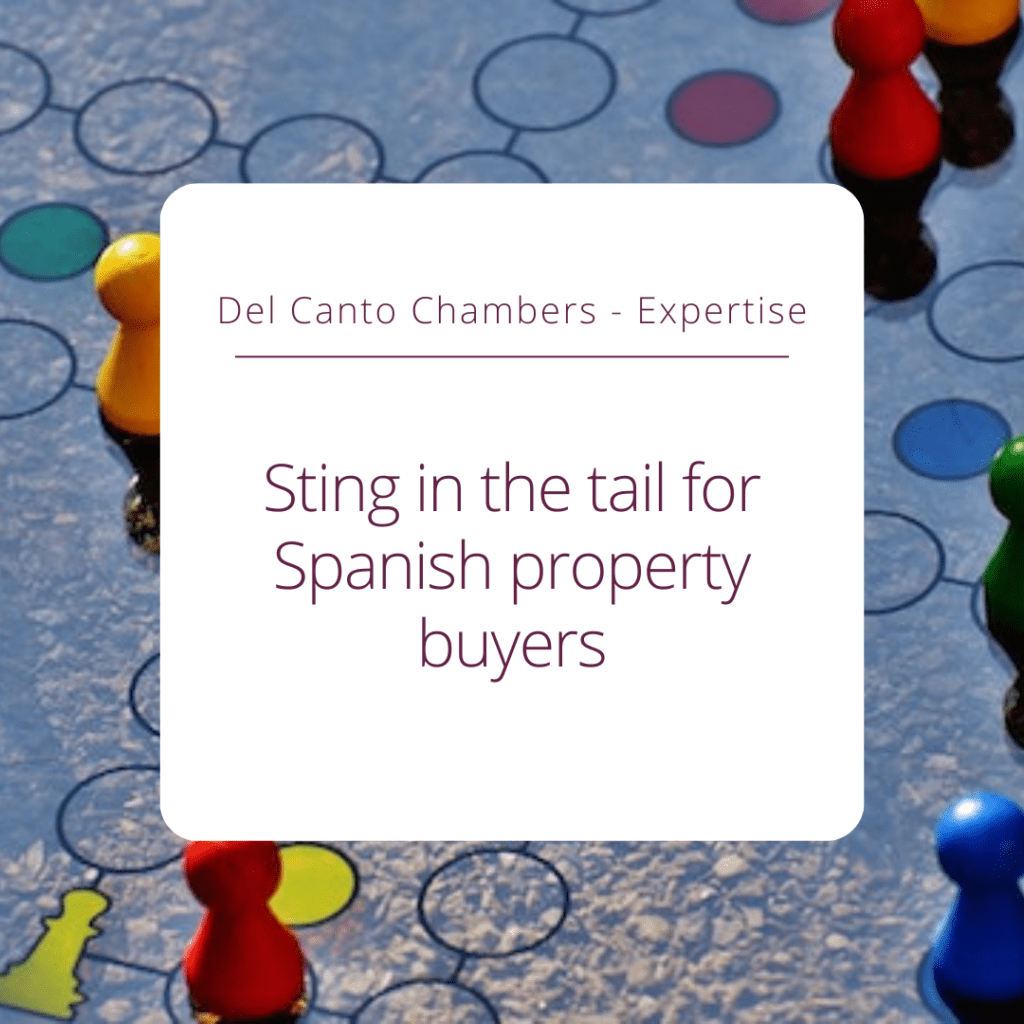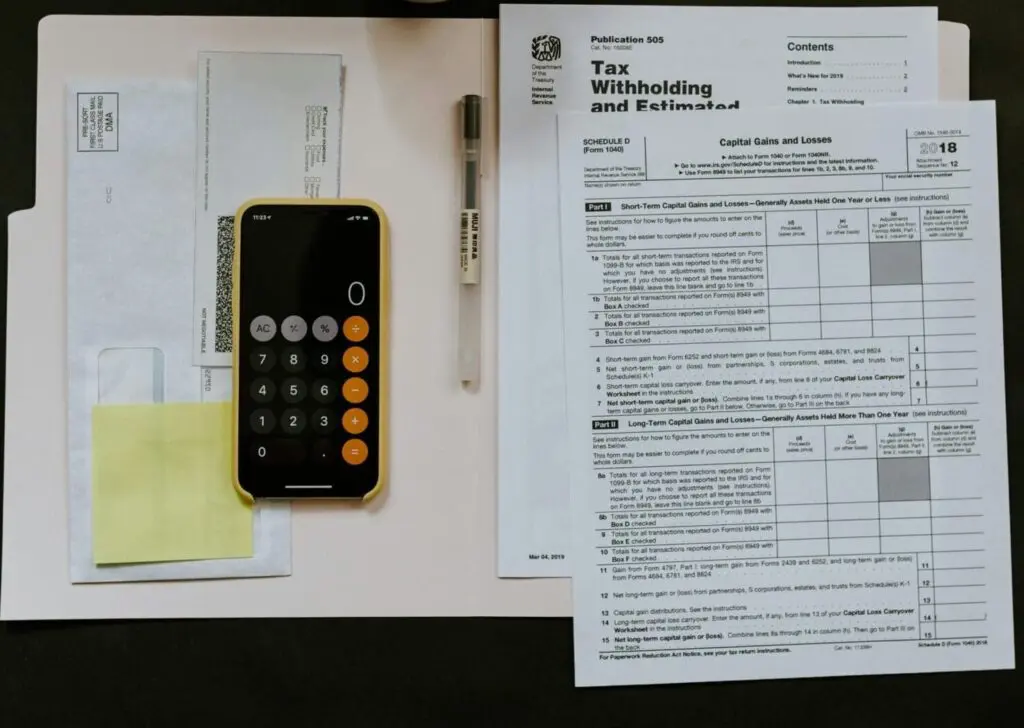Sting in the tail for Spanish property buyers. It was recently reported that over 5,000 properties in Spain are owned by international investors, the majority of which are UK residents.
In the late 20th century, buying real estate in Spain via international corporate structures was a popular way of reducing tax liabilities, writes international tax barrister Leon Fernando Del Canto.
This meant avoiding taxes relating to change of ownership (for example, inheritance tax, stamp duty and so on) as well as circumventing non-resident tax and wealth tax (which are payable for those who own properties personally).
This process was relatively hassle-free, so properties in tourist hotspot areas such as Ibiza, Sotogrande and Marbella were quick to be sold.
Little to no questions were asked by the Spanish tax authorities as to what financial instruments were put in place to complete the purchases, because the country was focussed on bringing in foreign investment at a time when Spain’s economy needed the boost.
Bare or discretionary trust
But times are changing and, as demonstrated by the 2019 Annual Tax and Custom Plan, the Spanish tax authorities are scrutinising how these properties were bought and whether they are tax compliant.
Typically, individuals purchased a property through a double or triple international corporate structure; which involved a Spanish company, usually held in an offshore jurisdiction that formed part of an outdated Spanish tax haven list (eg Guernsey, Jersey or the British Virgin Isles).
A special purchase entity would also have been used along with a bare or discretionary trust in most cases.
Where previously proper due diligence was not carried out, and the tax position failed to be reviewed annually, the authorities in Spain have been working hard to put measures in place to tighten up on regulations so as to prevent illegal tax evasion and even money laundering through Spanish real estate.
As such, these properties are being investigated at a higher rate than ever before, and it is essential that the owners be on the front foot by showing that they are taking steps to comply with the new rules.
Key weapon in the arsenal
Pressure is now on UK tax advisers as they have a legal obligation to ensure that their clients are fully compliant.
The advisers’ obligations to ensure clients’ compliance form an integral part in helping to prevent the misuse of Spain’s financial system by money laundering or terrorist financing.
The main tool that the authorities have at their disposal is in the form of the ultimate beneficiary owner (UBO) registry, which allows them to identify the UBO – a measure that followed on from the EU Directives 2018/843 and 2018/849.
This means the authorities can find the UBO’s country of residence and the companies involved in making the purchase (which will inform whether the legal requirements of the countries involved have been adhered to) and, most importantly, they can find out whether the UBO is the ‘ultimate user of the property’.
The company is required to disclose the UBO in annual corporation tax returns and must also provide details of any shareholders who own at least 25% of the share capital, providing the authorities with complete visibility of the company.
Whether or not non-residents own Spanish property in their own name or via a corporate structure, they will now have to pay taxes.
This registry is currently being introduced in all EU countries and has been developed in Spain over the past year.
Over 120,000 shell companies have already been identified and roughly 10% of these are property-owning companies which will inevitably be investigated.
Being able to show the authorities that you are taking measures to understand the new legal framework where owning property in Spain is concerned will go a long way in staving off potentially crippling fines, which the authorities will administer if the UBO has not been compliant or has failed to show any initiative of understanding the new regulations.
Sting in the tail for Spanish property buyers was written for International Adviser by Leon Fernando Del Canto, an international tax barrister practising from Normanton Chambers in London. He is a member of the Honourable Society of Lincoln’s Inn, The Worshipful Company of Tax Advisers, the Association of Taxation Technicians and the Madrid Bar.
Del Canto Chambers is a leading London Chambers specialising in tax, international tax and legal affairs, property law, intellectual property and legal advocacy.
To make a no obligation enquiry, please either call us now on:
+44 2070 430648 or Make An Online Enquiry.
We will come back to you within 24 hours and we will be delighted to help you.








